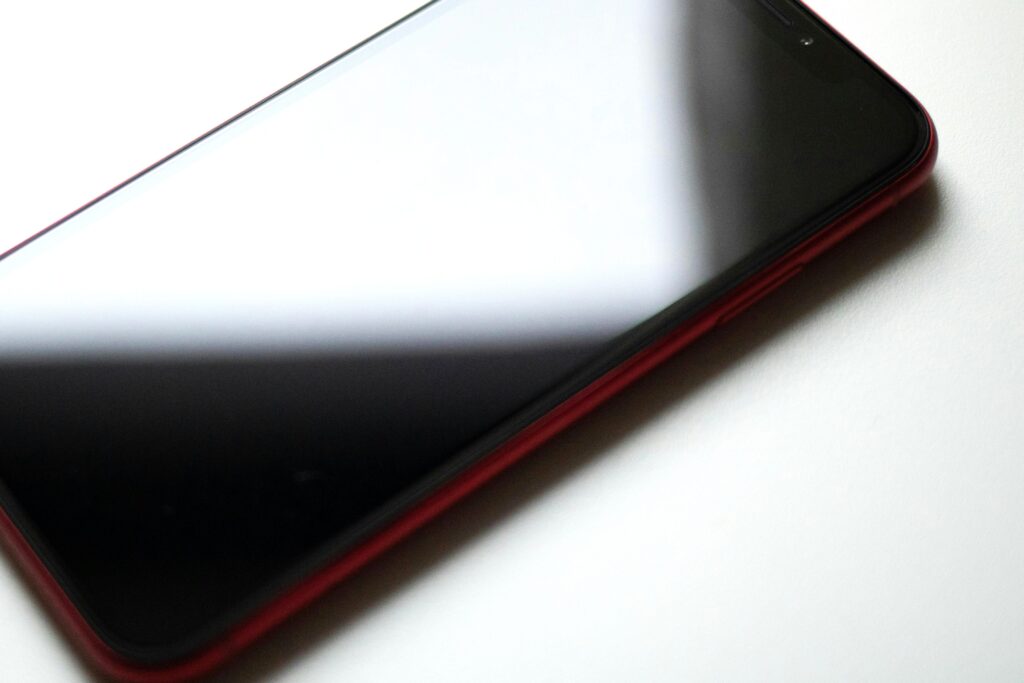
Buying a new phone is exciting, but with so many choices, it can feel like a lot. There are phones in all sorts of price ranges, sizes, and with different features. That’s why it’s important to know what you really need before you buy. Getting the right phone means it’ll do what you want, last a while, and be worth the money.
What Do You Need a Phone For?
Think about what you’ll mostly use your phone for. Is it just for calls, texts, and checking social media? Or do you want to play games, take photos, or use it for work? If you know what you need it for, you can focus on things like how fast it is, how good the camera is, how long the battery lasts, and how good the screen looks.
How Fast Is It? (Processor and RAM)
The processor (or CPU) is like the brain of your phone. It controls how fast you can open apps, switch between them and play games. Common processors are Qualcomm Snapdragon, Apple’s A-series, and MediaTek. For daily stuff, a mid-range processor is usually enough. But if you’re into gaming, editing videos, or using a lot of apps at once, go for a faster processor. RAM also helps a lot. It lets you run multiple apps without your phone slowing down. Most phones have between 4GB and 12GB of RAM.
How Much Space Do You Need? (Storage)
Storage is how much stuff you can keep on your phone—apps, photos, videos, etc. Phones usually come with 64GB, 128GB, 256GB, or even 1TB of storage. Some let you add a microSD card for more space if you need it. Think about how much stuff you usually keep on your phone and whether you might need more space later.
What About the Screen? (Display Quality)
The screen is super important. It affects how good everything looks and how easy the phone is to use. Think about the size, resolution, and type of screen. Bigger screens are cool for videos and games, while smaller screens are easier to hold and carry. Most phones have Full HD resolution, but some fancy ones have 2K or 4K screens. AMOLED screens usually have better colors and contrast than LCD screens. Also, screens with higher refresh rates (like 90Hz or 120Hz) make scrolling look smoother.
How Good Is the Camera?
For a lot of people, the camera is a big deal. Most phones these days have multiple cameras: wide, ultrawide, telephoto, and macro. Megapixels matter, but the quality of the camera sensor, how wide the lens opens (aperture), and the image processing software are also important. Look for features like optical image stabilization, night mode, and 4K or 8K video if you want great photos and videos. And don’t forget to check the front camera if you take a lot of selfies.
Will the Battery Last All Day? (Battery Life and Charging)
Battery life is really important, especially if you use your phone a lot. Try to get a phone where the battery will last at least a full day. Larger batteries, like 4,000mAh or more, usually last longer. Fast charging is also nice because it gets your phone charged up quickly. Some phones even let you charge them wirelessly or use them to charge other devices.
Android or iOS? (Operating System)
The operating system affects everything: which apps you can use and how often you get updates. Android phones have a lot of choices and let you customize things, plus there are tons of apps. iPhones use iOS, which is known for being stable, getting updates regularly, and working well with other Apple stuff. Pick whichever operating system you like better and that has the apps and features you need.
How Well Is It Made? (Build Quality and Design)
How a phone is built affects how long it lasts and how it looks. More expensive phones are often made of metal or glass, while cheaper ones use plastic. Think about how heavy it is, how thick it is, and how it feels in your hand. Also, check if it’s water and dust-resistant (look for an IP rating) in case you spill something on it or get caught in the rain.
Does It Do All the Extras? (Connectivity and Additional Features)
Newer phones have things like 5G, Wi-Fi 6, Bluetooth 5.0, and NFC for paying with your phone. Extra features like fingerprint scanners, face unlock, dual SIM support, and stereo speakers can make things easier and more secure. Gaming phones might have special cooling or faster screens, while camera-focused phones might have extra settings or use AI to improve photos.
How Much Does It Cost? (Price and Budget)
Decide how much you want to spend before you start looking. More expensive phones have better performance and features, but they cost more. Mid-range phones are a good compromise between price and what you get. Compare what different phones offer, read reviews, and think about the customer support to help you decide.
What If Something Goes Wrong? (Warranty and Support)
A good warranty and helpful customer support are important. Check what the company offers in terms of how long the warranty lasts and what it covers. Some companies offer longer warranties or better support. This makes things less stressful if your phone has a problem.
In Conclusion
Picking the right phone means thinking about performance, the screen, the camera, battery life, the operating system, and how well it’s built. If you know what you need, compare features, and stick to a budget, you can find a phone that will be great for years — whether you’re just using it to talk to people, play games, take photos, or work.